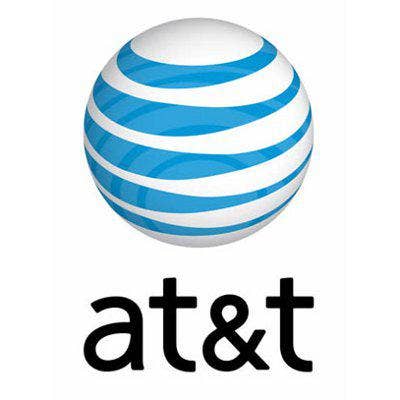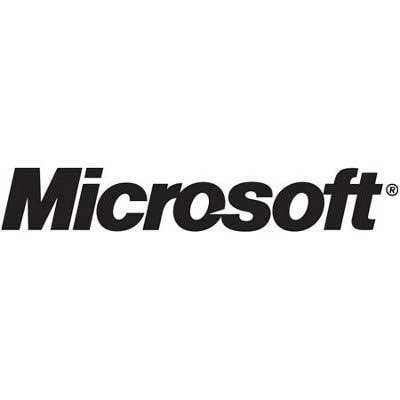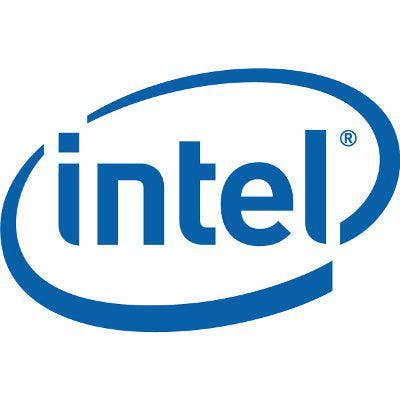Five Companies That Dropped The Ball This Week

Consumer Reports Ranks AT&T Worst Carrier
The bad news keeps flowing like a ruptured gas main for AT&T, which was ranked dead last among U.S. carriers in a recent satisfaction survey of 58,000 ConsumerReports.org readers. This isn't surprising considering that more than half of survey respondents have experienced the unique form of torture of trying to operate an iPhone on AT&T's network, and it's the latest bit of evidence to suggest that AT&T's iPhone exclusivity might be going bye-bye sometime in the near future.
"Our survey suggests that an iPhone from Verizon Wireless, which is rumored, could indeed be good news for iPhone fans," said Paul Reynolds, Electronics Editor for Consumer Reports, in a blog post this week.

Google Whines About Being Shut Out Of Cloud Apps Deal
Google crowed about beating out Microsoft last week for a key government cloud e-mail contract, but this week the search firm was singing a different tune after Microsoft returned the favor.
After Microsoft scored a 120,000-seat cloud e-mail, Web conferencing and messaging contract with the U.S. Department of Agriculture, Google cried foul, claiming that it wasn't given a chance to bid on the contract. "We were not given the opportunity to bid for USDA's business," a Google spokesperson told Reuters this week.
Google has been developing quite the persecution complex when it comes to government cloud deals: Last month the company sued the U.S. Department of the Interior on the grounds that it favored Microsoft in a $59 million e-mail and collaboration deal. Unfortunately, this just gives Microsoft more ammunition as it tries to paint Google as a rookie in the enterprise IT space.

Microsoft Admits It Tried To Buy Facebook
Would Facebook be the cultural phenomenon it is today if it were a Microsoft property? And would Microsoft find itself struggling to make its mark in the consumer market?
These are questions worth pondering after Microsoft Senior Director of Corporate Strategy and Acquisitions Fritz Lanman acknowledged that Microsoft at one point tried to acquire the social networking startup.
"Yeah, we tried to acquire Facebook," Lanman said in a panel discussion at the Le Web conference in France this week, as reported by Techcrunch. "Facebook had a lot of similarities to Microsoft back in the day."
Microsoft did end up buying 1.6 percent of Facebook for $240 million a few years ago, but it's likely that Microsoft will always look back on this pursuit and shake its head wistfully about the one that got away.

Dell Further Angers Longtime Partner EMC With Compellent Bid
It's no secret that the Dell-EMC relationship has been frayed around the edges, and this week it got even more frayed when Dell entered talks to acquire storage vendor Compellent. Dell, which failed in its pursuit of 3Par earlier this year, has been openly looking for a storage vendor to add to its portfolio to go along with its 2008 pickup of EqualLogic.
EMC, Dell's largest vendor partner, didn't like it when Dell went all googly-eyed for 3Par and certainly can't be happy with Dell's dallying with Compellent. Dell and EMC have had a 10-year-plus relationship serving about 24,000 joint customers, but the future of this partnership doesn’t look rosy.

Intel Sneakily Creates Tablet, Netbook Business Unit
Intel previously has downplayed the impact of tablets and sought to position them as additive to its mobile business, which is probably why the chip maker this week created an entire new business unit for tablets and netbooks without any fanfare whatsoever. Intel also revealed that its "Medfield" smartphone chip will start showing up in smartphones by the second half of next year.
The problem here is that Intel is late to the mobile party and is going to have a beast of a time making up for lost ground. ARM co-founder Dr. Hermann Hauser last month called out Intel for having the wrong business model for the mobile business, and there's a growing school of thought that Intel may not be able to right the ship anytime soon.